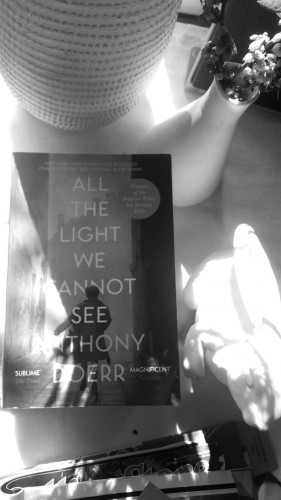The Good Man
The Good Man .
Where are all the good men, who see us. Hear us. Touch us with a gentle hand. Tie our bow. Kiss us dryly on the cheek. And love us in our strength.
Where are all the good men, who mind us in our fragile state. Cradle us as you would a broken bird. Not to satisfy a need within themselves. Nor to forever stroke our weakness. But to strengthen the flight they wish for us to take.
Where are all the good men, who can accept without threat, all we invite and excite over. Remain seated throughout the pleasure of each unbridled offering. And protect the innocence of the gift.
Where are all the good men, who safe keep precious pieces we discard. Hear our strange and distant song. Follow notes beyond the noise. And return knowingly without taking.
Where are all the good men, who keep light and air in windows high. Flowers on the stairs. Who hold a mirror quietly to the side, so we can recognise the newness and the goodness in ourselves. Comprehend the whole of who we are. And fear no more the stage.
Where are all the good men, who wait well outside our hiding place. Offer not hand but time. A refuge where within we tend neglected hurts. Slow to a halt from our exhaustive run. And bring to life our dreams.
Where is the good man, so sure and steady in stride, he invites us into our own. Where we unite in all our consciousness with the good man in ourselves.
Where we feel the fearlessness of taking our very first step. And release ourselves from an endless edge.
(Reposted from 2016. Written August, 2015. Pictured: Poem emerged from book read on Rottnest Island, 2015). )
Footnote 1:
From a male perspective, the poem feels, in part, like a tribute to the aspects of manhood that are often less valued, like gentleness, sensitivity, tenderness, intimacy. Yet essential to being a good man. And you get the sense through the poem, how hard it must be to consistently be a good man. The responsibility that goes with that.
From a female perspective, girls are often raised with the concept of men being the protectors in our lives. For many, it is not our experience. But what if we could be ‘the good man’ to ourselves? Afford ourselves the tenderness and care that is portrayed in the poem?
Footnote 2:
The Good Man poem arrived when finishing this short chapter (below) towards the end of a book, All the Light We Cannot See, by Anthony Doerr.
Are you there?
He is a ghost. He is from some other world. He is Papa, Madame Manec, Etienne; he is everyone who has left her finally coming back.
Through the panel he calls, “I am not killing you. I am hearing you. On radio. Is why I come.” He pauses, fumbling to translate. “The song, light of the moon? She almost smiles.
We all come into existence as a single cell, smaller than a speck of dust. Much smaller. Divide. Multiply. Add and subtract. Matter changes hands, atoms flow in and out, molecules pivot, proteins stitch together, mitochondria send out their oxidative dictates; we begin as a microscopic electrical swarm. The lungs the brain the heart. Forty weeks later, six trillion cells get crushed in the vice of our mother’s birth canal and we howl. Then the world starts in on us.
Marie-Laure slides open the wardrobe. He* takes her hand and helps her out. Her feet find the floor of her Grandfather’s room. “Mes souliers,” she says. “I have not been able to find my shoes.”
* Name taken out so not to spoil the book’s story.

